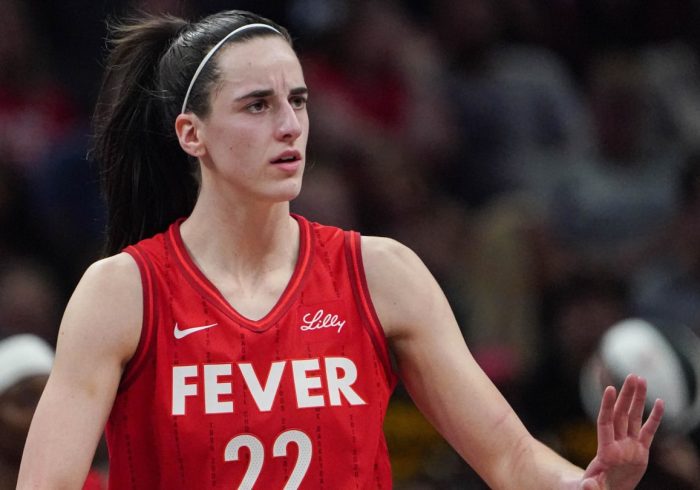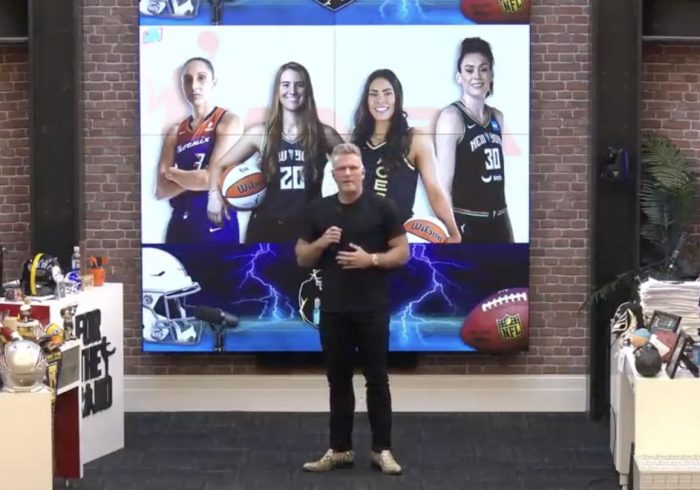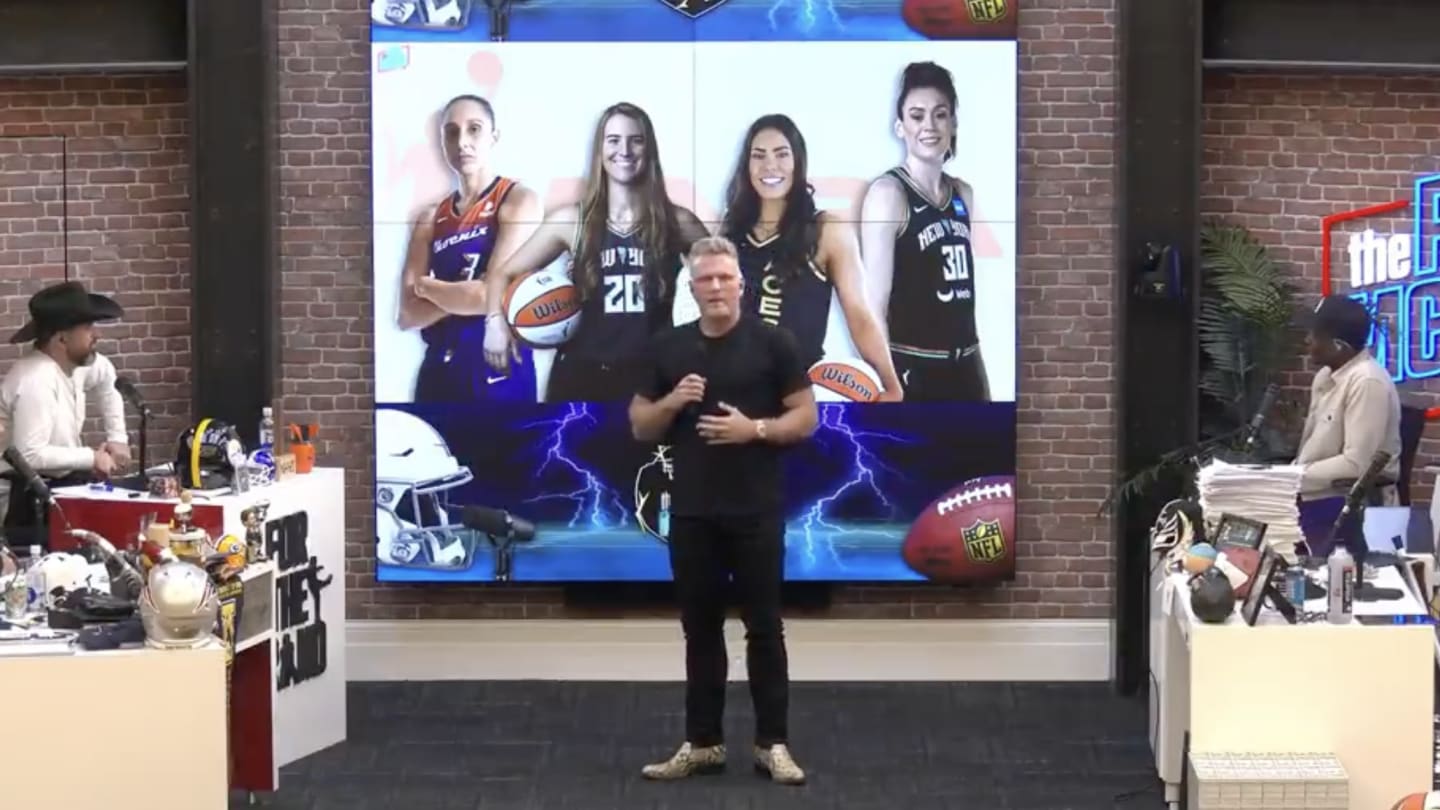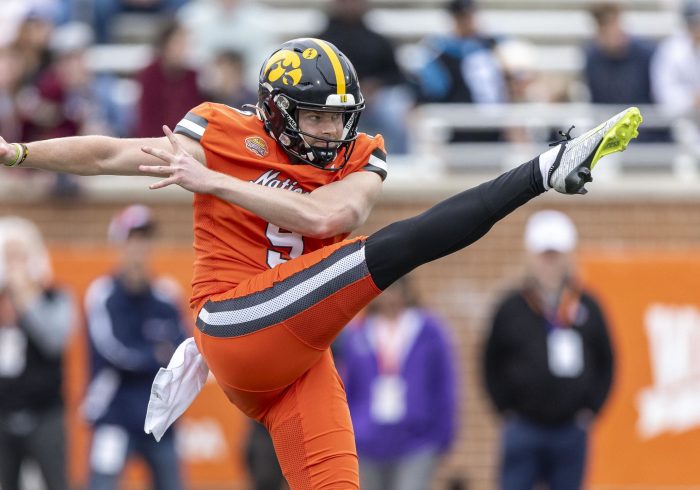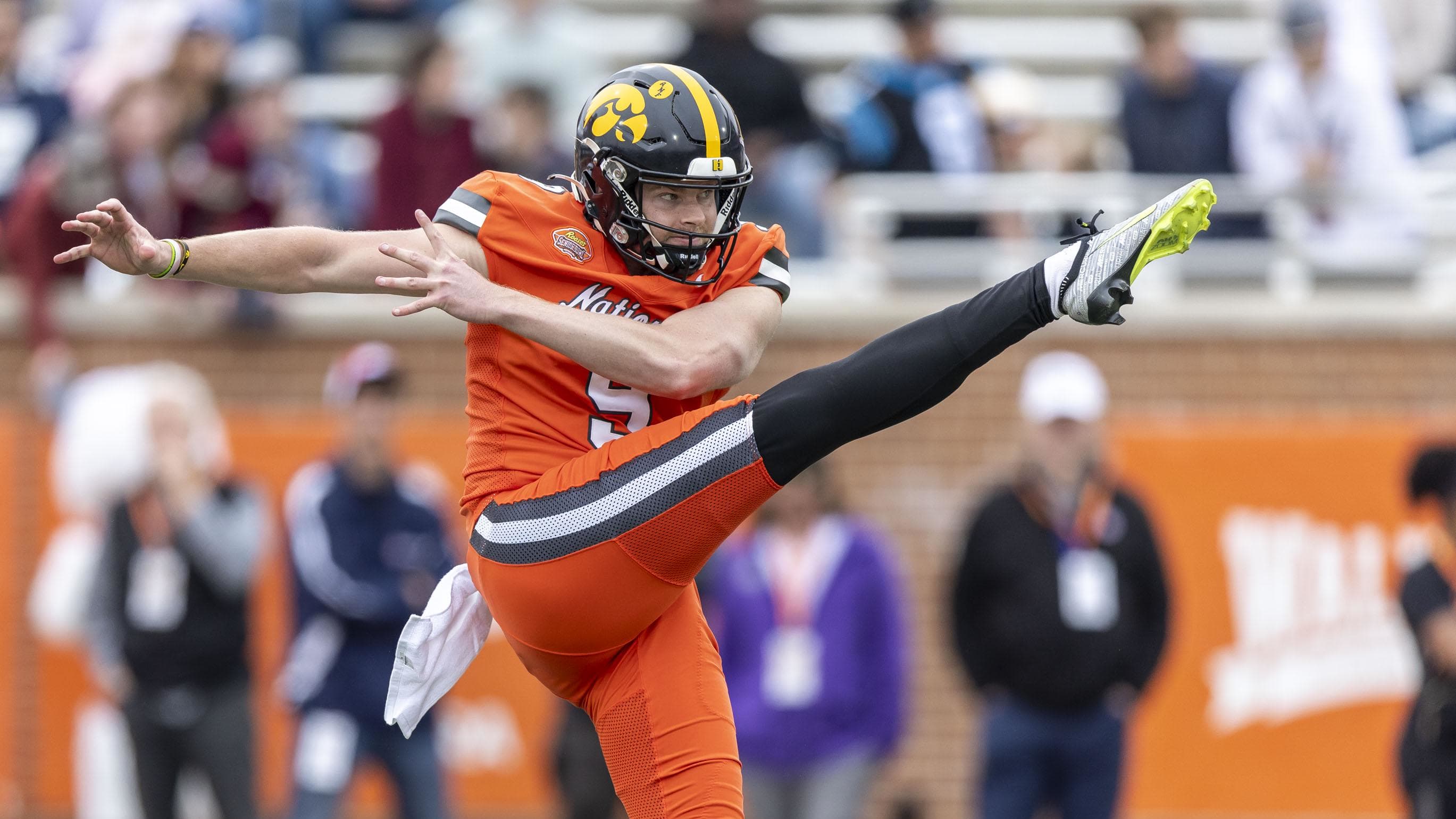Caitlin Clark and the WNBA Don’t Need Your Protection
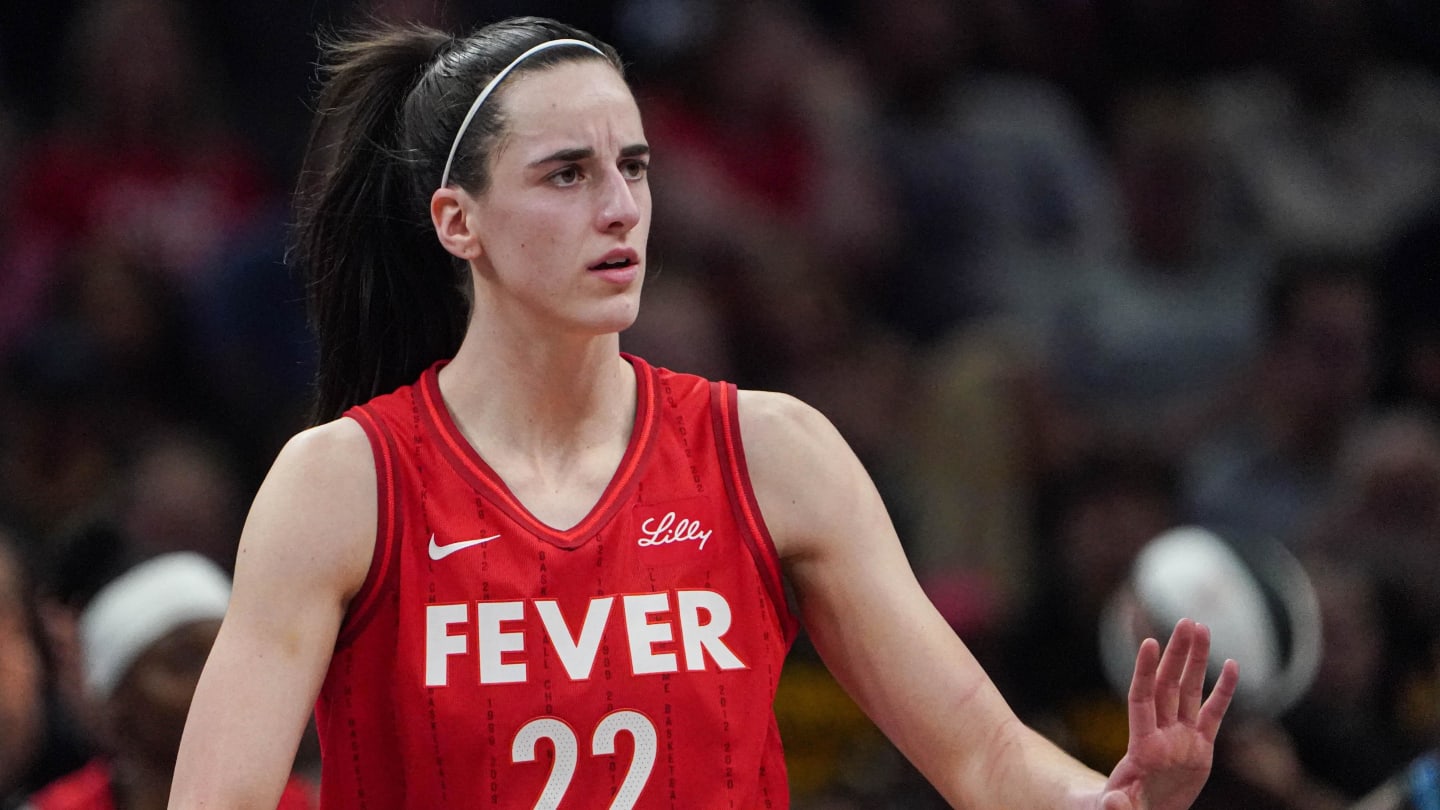
Mainstream men’s sports punditry has discovered the WNBA, and I wish it hadn’t.
Popular programs like First Take and The Pat McAfee Show are typically preoccupied with the goings on in the NFL and NBA but have recently dedicated increased airtime to women’s basketball. This type of universal coverage, and the exposure it generates, is what women’s sports supporters and insiders have hoped for for decades. But now, it’s here, and it feels less like validation, and more like an affliction.
The heightened interest in women’s basketball centers around the cultural phenomenon of Catilin Clark. Her collegiate career at Iowa is nothing short of groundbreaking, and her generational talent rightfully earned her a boatload of loyal fans. Clark’s transition to the WNBA has been watched breathlessly, bringing an unprecedented level of attention to the league, buoying viewership, ticket sales and investment. With the Clark hype has come a flood of media scrutiny typically reserved for men’s sports leagues. The devolving discourse—which reached a fever pitch this week after the Chicago Sky’s Chennedy Carter committed a Flagrant 1 foul on Clark last Saturday—has exposed how unequipped a mainstream sports media dominated by men is for this moment.
"Who talks about the WNBA, who talks about women, who talks about women's sports more than First Take?" Stephen A. Smith asked Monica McNutt at the end of a 40-minute segment addressing the Carter foul on Clark on Monday’s show. "Stephen A., respectfully, with your platform, you could have been doing this three years ago if you wanted to,” McNutt responded, leaving Smith incredulous.
Directing that question at McNutt, an accomplished former collegiate basketball player herself and established broadcaster, is laughable. Smith’s stance that First Take bestowed McNutt, and the WNBA, with a platform they ought to be grateful for echoes the prevailing sentiment that the league’s players owe Clark a debt of gratitude. It’s patriarchal and condescending and fails to acknowledge the work of generations that has poured into the WNBA. McNutt later expanded on the exchange, saying, "I think what I was frustrated by in our conversation earlier is that we can hold more than one truth, y'all. The idea of some players being jealous, yes, that probably exists. But I think since Caitlin's made her debut, there's been a large and loud push that it's been Caitlin vs. the W."
The swirling commentary about Clark’s unfair treatment at the hands of WNBA veterans does the 22-year-old rookie a disservice too, evidenced by Pat McAfee’s bizarre defense (?) of the Fever star on Monday’s episode of his show. "I would like the media people that continue to say, 'This rookie class, this rookie class, this rookie class'. Nah, just call it for what it is — there's one white b---- for the Indiana team who is a superstar," McAfee said, in an attempt to praise Clark. He later apologized for his remarks.
First, let’s get the obvious point out of the way: It’s best not to refer to a professional athlete who one purports to revere in such derogatory terms. Second, the impulse to protect Clark is paternalistic and undermines her prowess as a physical and unrelenting competitor. Clark isn’t a meek person in need of shielding, nor is she a shrinking violet, leading the league in technical fouls (three). The racial overtones are hard to ignore too. Sky rookie Angel Reese—who has 3.3 million Instagram followers and can also be credited with the recent rise in popularity of women’s basketball—was pulled down by the Connecticut Sun’s Alyssa Thomas, who was ejected from the May 25 game due to the Flagrant 2 foul. There hasn’t been wall-to-wall coverage of that incident, nor has it inspired the same media firestorm that Carter’s hip check on Clark did.
The inclination to highlight the foul(s) on Clark alone exhibits an unfamiliarity with the WNBA. It’s a physical league, and things get chippy, just like in any other professional sport. Unlike other leagues, however, the WNBA boasts very few roster spots, meaning on any given night the most elite basketball players in the world are on the floor battling it out in highly competitive matchups. While “not appropriate,” as Sky coach Teresa Weatherspoon categorized Carter’s foul on Clark, it is also not remarkable, nor is it a new occurrence.
Putting a spotlight on something the way many sports media personnel have with the WNBA, isn’t the same as illuminating it. What is coverage without curiosity? What is narrative without knowledge? What is an argument without good faith? All press is not in fact good press when, to McNutt’s point, Napheesa Collier’s standout season, Arike Ogunbowale’s 40-point game and A’ja Wilson’s MVP campaign are failing to break through. It’s starting to feel like men’s sports commentators’ newfound interest, or at least newly articulated interest, in women’s basketball, is being wielded as a cudgel, punishing any player, reporter or fan who isn’t just grateful to be here.
The WNBA is a 28-year-old league with a rich history despite its young age. It has a lore that includes rivalries, dynasties, beefs and ballers. It has a culture—from its players to its fans—that is uniquely women-led, queer and Black. The W is unlike any other sports league in the U.S., and it’s better for its singularity. The current commentary is not only shortchanging the players—rookies and vets alike—but it is also willfully ignorant about the WNBA’s mores, taking a vibrant league and coating it with dull commentary. The WNBA deserves better than what the current landscape of talking heads has to offer.
